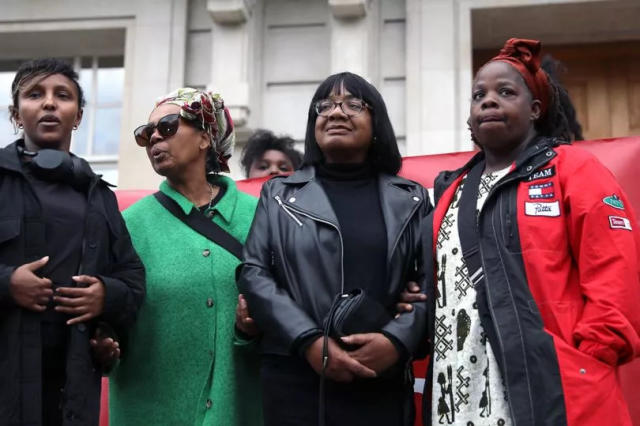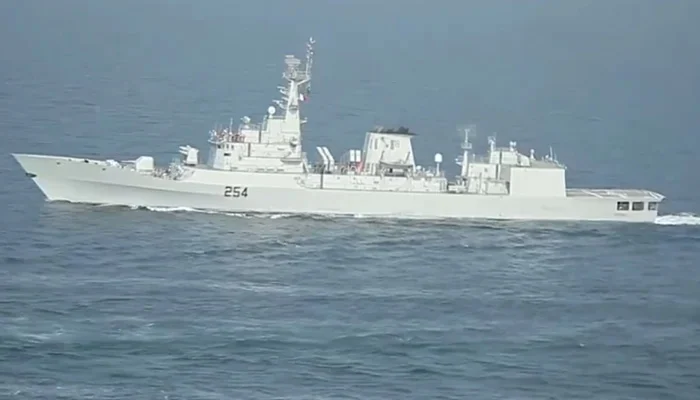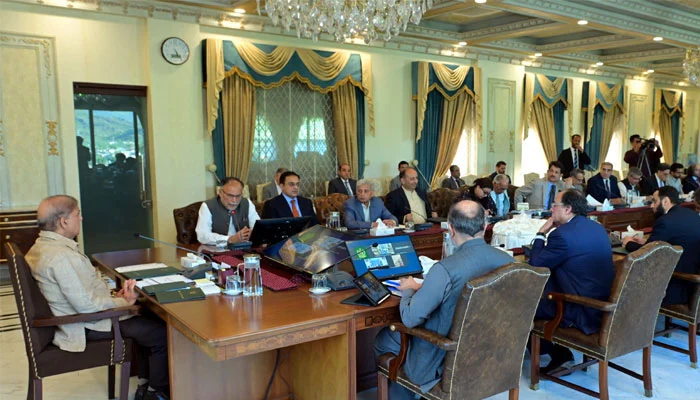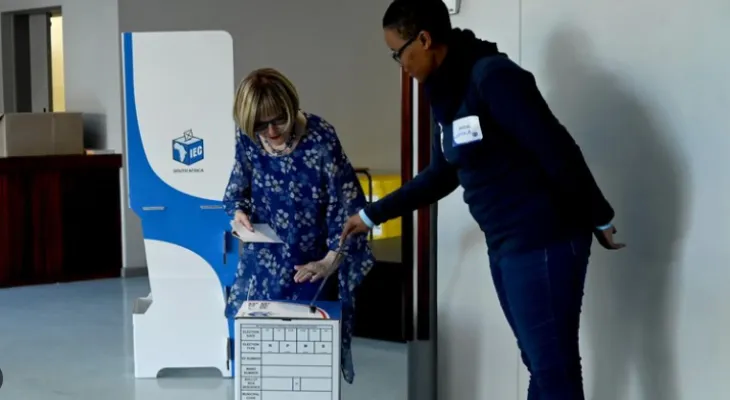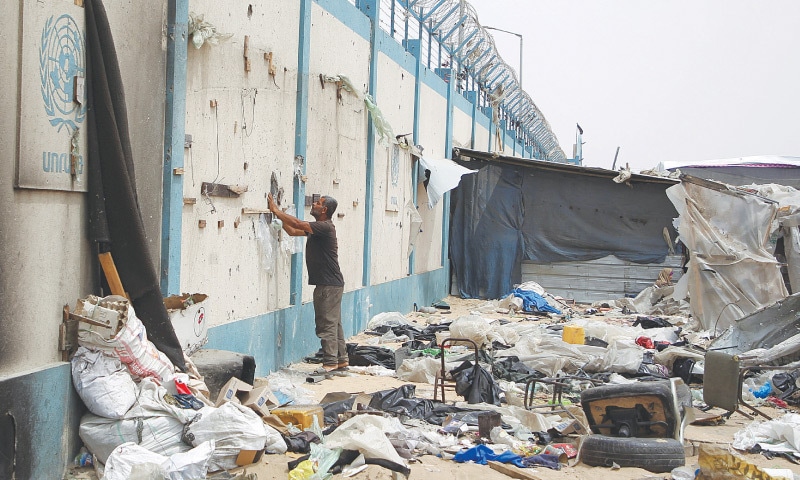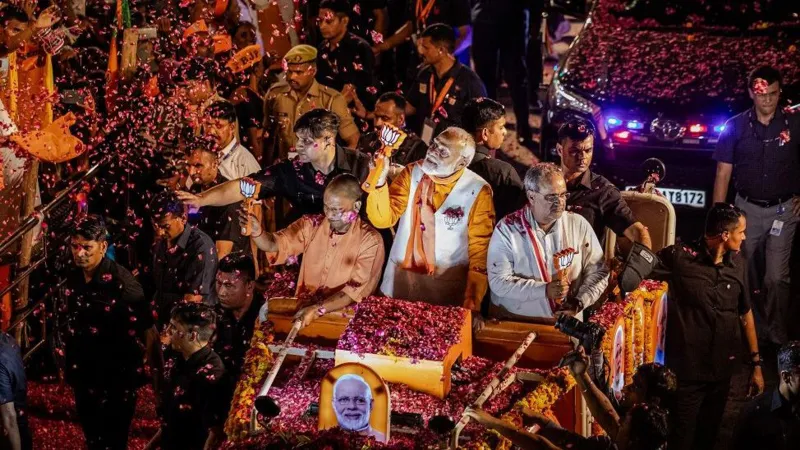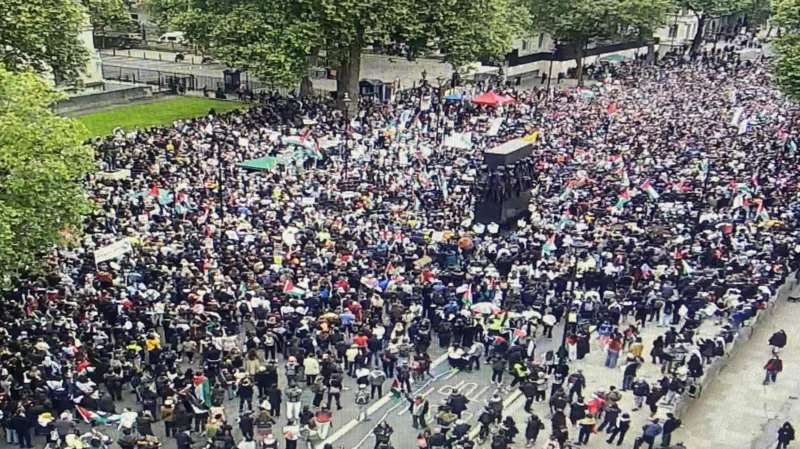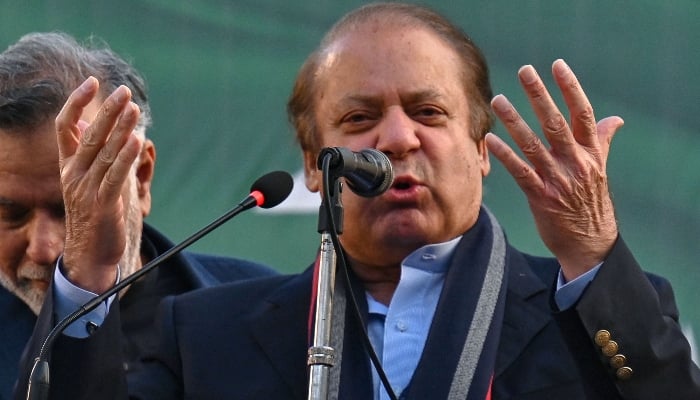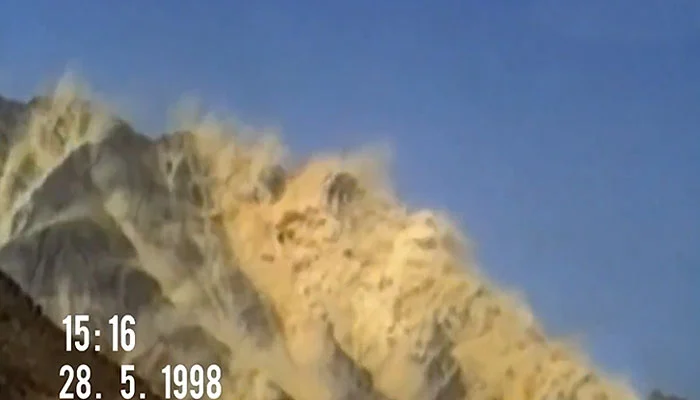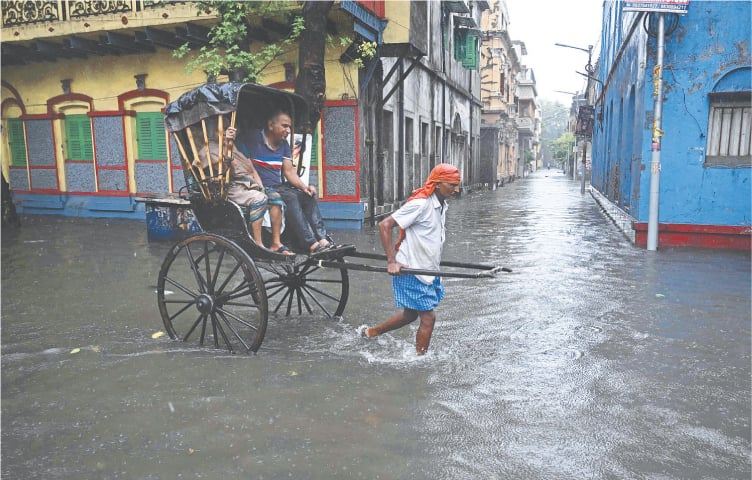It comes as a row continues over whether she would be selected to run in her Hackney North and Stoke Newington seat at the election.
She told supporters at a rally on Wednesday she had been “banned from running” for Labour
Labour leader Sir Keir Starmer said no decision had been taken to bar her.
Speaking in east London, Ms Abbott, a close ally of former leader Jeremy Corbyn, said she wanted to stand “by any means possible”.
She did not respond when later asked repeatedly by a BBC reporter if she would run as an independent candidate.
Sir Keir readmitted Ms Abbott as one of the party’s MPs on Tuesday, after she was suspended last April for saying Jewish, Irish and Traveller people do not face racism “all their lives”.
Labour has not confirmed who its candidate will be in her constituency, which it won with a majority of more than 33,000 at the last election.
Reports that Ms Abbott had been barred from standing for Labour first emerged on Tuesday evening, shortly after it was confirmed her suspension as a Labour MP had been lifted.
She then told the BBC on Wednesday morning she had been “banned from standing as a Labour candidate”.
At a rally outside Hackney Town Hall, she said the party had not communicated with her personally, but she was “shocked to learn yesterday that I’m going to be banned from running” for Labour.
“The national party is insisting that I be banned,” she said, adding: “They haven’t given a reason for banning me. They just want me excluded from Parliament”.
“I am so shocked. And so alarmed about what is going on. Because it is as if you are not allowed to be a Labour MP unless you’re prepared to repeat everything the leader says”.
During a campaign event in Worchester, Sir Keir told reporters it is “not true” about Ms Abbott being barred. “
“No decision has been taken to bar Diane Abbott,” he added.
It is unclear whether his comments are a statement of technical fact – no formal decision about her candidacy will be made until Labour’s ruling body meets next week – or a shift in the direction of travel.
The party is selecting remaining candidates before a meeting at the National Executive Committee (NEC) to endorse them next week, before nominations legally close on 7 June.
The deadline for Labour branches to put forward their own candidates passed on Monday.
Writing on X earlier, Ms Abbott suggested there was a wider “cull of left wingers” happening within Labour, referring to the case of another prospective candidate, Faiza Shaheen.
On Wednesday, it was confirmed that Ms Shaheen had not been endorsed by Labour to be their for Chingford and Woodford Green in north east London, after she allegedly liked a post on X that downplayed antisemitism accusations.
Ms Shaheen told BBC Newsnight she had received an email that claimed she would “frustrate Labour’s purpose”.
“I’m just in a state of shock to be honest,” she said.
Momentum, the left-wing campaign group set up to support Mr Corbyn’s leadership has said it is “sickened” by reports Ms Abbott will not be picked, adding “the way Keir Starmer has treated Britain’s first Black woman MP is appalling, vindictive and cruel”.
Six unions – Aslef, the TSSA, Unite, the NUM, the Communication Workers Union and the Fire Brigades Union – have also called for Ms Abbott to be confirmed as the Labour candidate for Hackney North and Stoke Newington.
- First black woman to be elected to Parliament in 1987, as MP for Hackney North and Stoke Newington in east London
- After a long career on the backbenches, she was promoted to Ed Miliband’s front bench following her unsuccessful bid to become Labour leader in 2010
- Previously held the posts of shadow international development secretary and shadow health secretary
- A close ally of former Labour leader Jeremy Corbyn, she was appointed as his shadow home secretary in 2016, a position she held until 2020
Criticism of the handling of Ms Abbott’s case has also extended beyond the left of the party.
Lord Boateng, who was the UK’s first black cabinet minister under Tony Blair, told BBC London he was disappointed there was no place for Ms Abbott on the Labour benches, describing her as “a trailblazer for equal rights”.
Labour launched an investigation in April last year after Ms Abbott wrote in the Observer that Irish, Jewish and Traveller people “undoubtedly experience prejudice” which she said is “similar to racism”.
The letter added: “It is true that many types of white people with points of difference, such as redheads, can experience this prejudice.
“But they are not all their lives subject to racism.”


